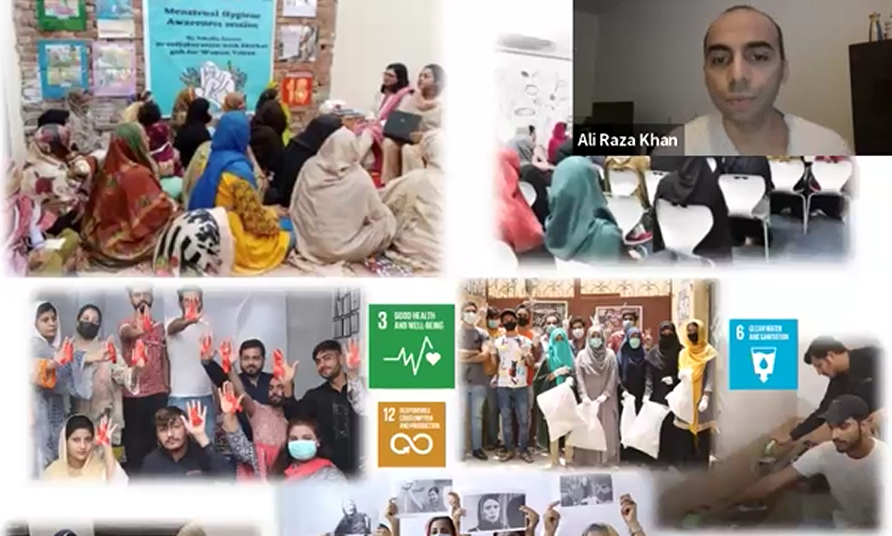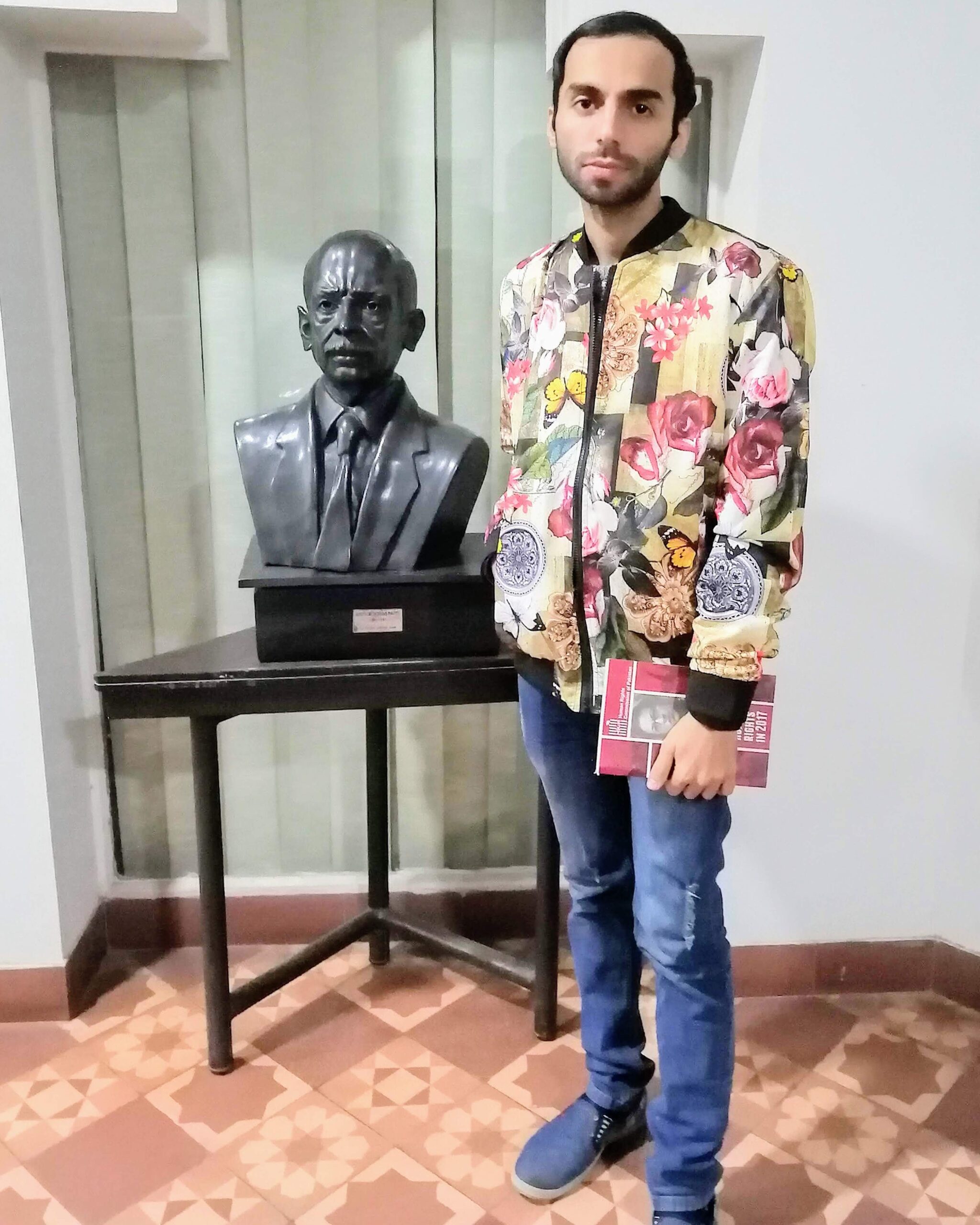Category: Health Advocasy : All About Health
-
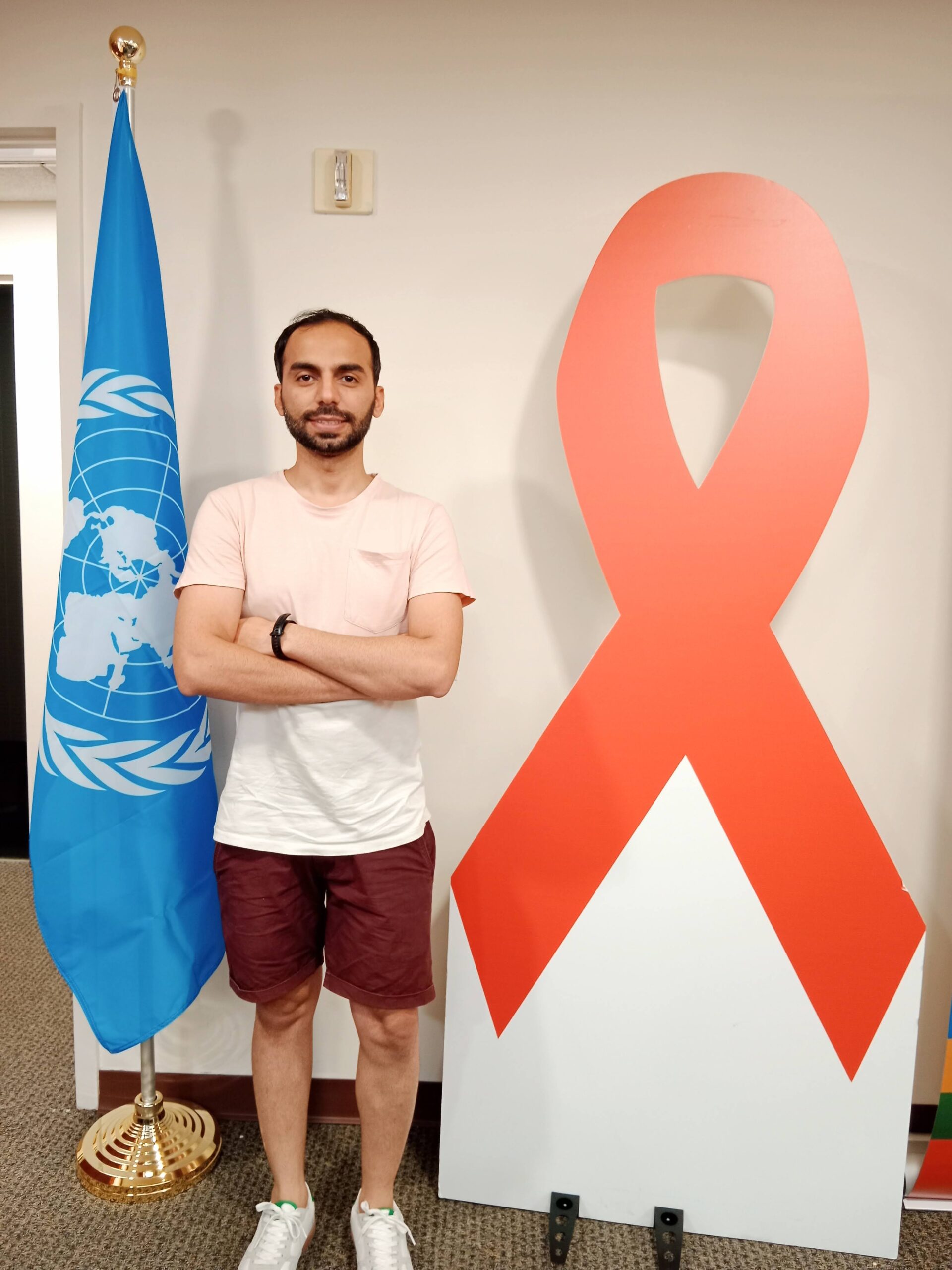
Speaker Ali Raza Khan: From Ruin to Resilience: Harnessing Community Strength in the Face of Natural Disasters
Munich, Germany – The AIDS 2024 conference will feature a pivotal session titled “From Ruin to Resilience: Harnessing Community Strength in the Face of Natural Disasters,” highlighting the critical intersection of climate change and public health. This scientific symposium, accredited for Continuing Medical Education (CME), will take place on July 25, 2024, from 15:00 to…
-
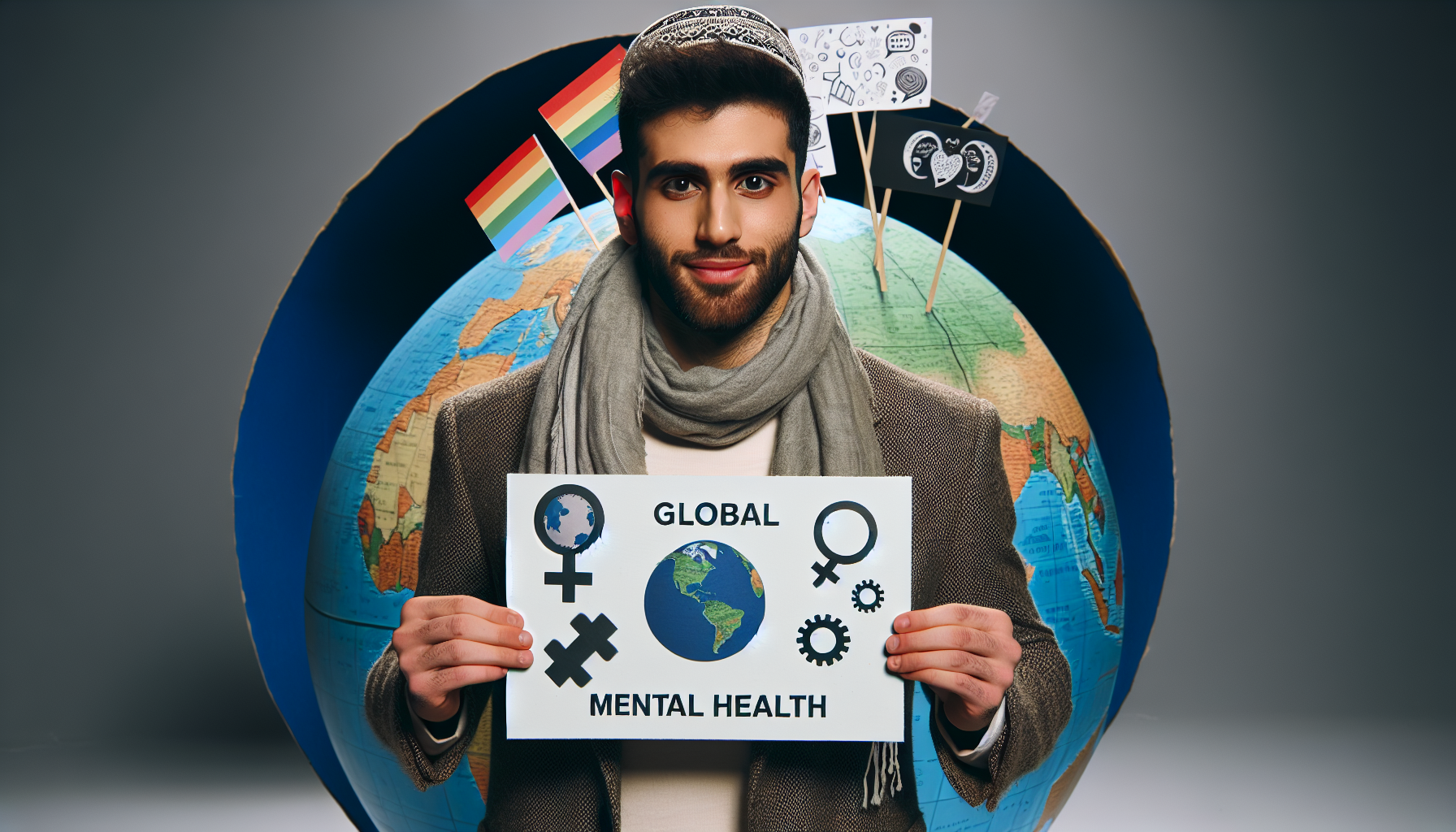
Mental Health and Global Health
The importance of mental health in global health, particularly during a pandemic, cannot be overstated. Mental health plays a critical role in overall well-being and is intricately connected to physical health, social functioning, and the ability to cope with challenges and adversity. Here are some key reasons why mental health should be prioritized in global…
-

My Journey as a Member of the UNAIDS Global Advisory Group
Hey there! 🌟 I wanted to share some exciting and important news with you all. In May 2023, I was invited to join the UNAIDS Global Advisory Group on Monitoring the 30-80-60 Targets. Since then, I’ve had the privilege of serving as a member of this incredible team. As an HIV-positive gay activist from Pakistan,…
-

First Meeting of the UNAIDS Global Advisory Group on Monitoring the 30-80-60 Targets: A Robust Start
On May 10th, 2023, the UNAIDS Global Advisory Group on Monitoring the 30-80-60 Targets convened for their first meeting. This group, composed of global stakeholders dedicated to advancing the fight against HIV, gathered to discuss the development of a monitoring framework for the ambitious 30-80-60 targets set in the 2021 Political Declaration on HIV and…
-

Ali Raza Khan Joins UNAIDS Global Advisory Group on Monitoring the 30-80-60 Targets
Ali Raza Khan, an HIV-positive gay activist from Pakistan, has been invited to join the UNAIDS Global Advisory Group on Monitoring the 30-80-60 Targets. This esteemed group comprises global stakeholders dedicated to advancing the fight against HIV. Ali’s involvement marks a significant step towards ensuring the voices of young HIV-positive gay individuals and sex workers…
-
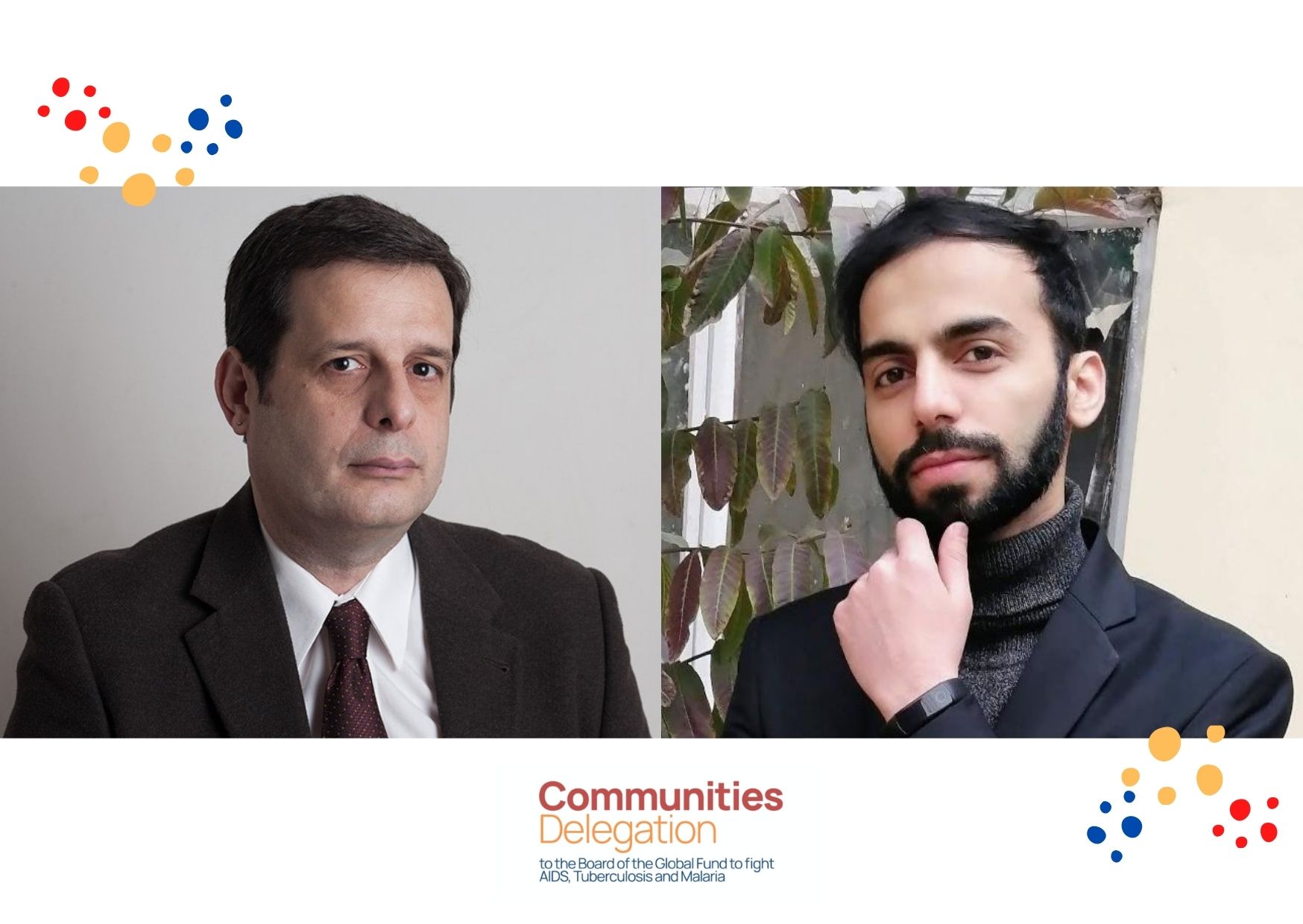
Communities Delegation to the Global Fund Board appoints Mr Ali Raza Khan as Alternate Board Member
Tuesday, 25th January 2022The Communities Delegation of people living with and affected by HIV, TB and malaria (Communities Delegation) to the Global Fund Board has the pleasure to announce the appointment of Mr Javier Hourcade as the Board Member and Mr Ali Raza Khan as the Alternate Board Member. The constituency confirmed and welcomed the…
-

Eamonn Murphy’s Testimony for Ali Raza Khan
In a heartfelt testimony during a UN high-level meeting debrief for young people living with HIV and young key populations, Eamonn Murphy, UNAIDS Director for Regional Support Teams for Asia Pacific and Eastern Europe and Central Asia regions, extended his appreciation for Ali Raza Khan’s remarkable activism. Ali Raza Khan, a HIV positive gay activist,…
-
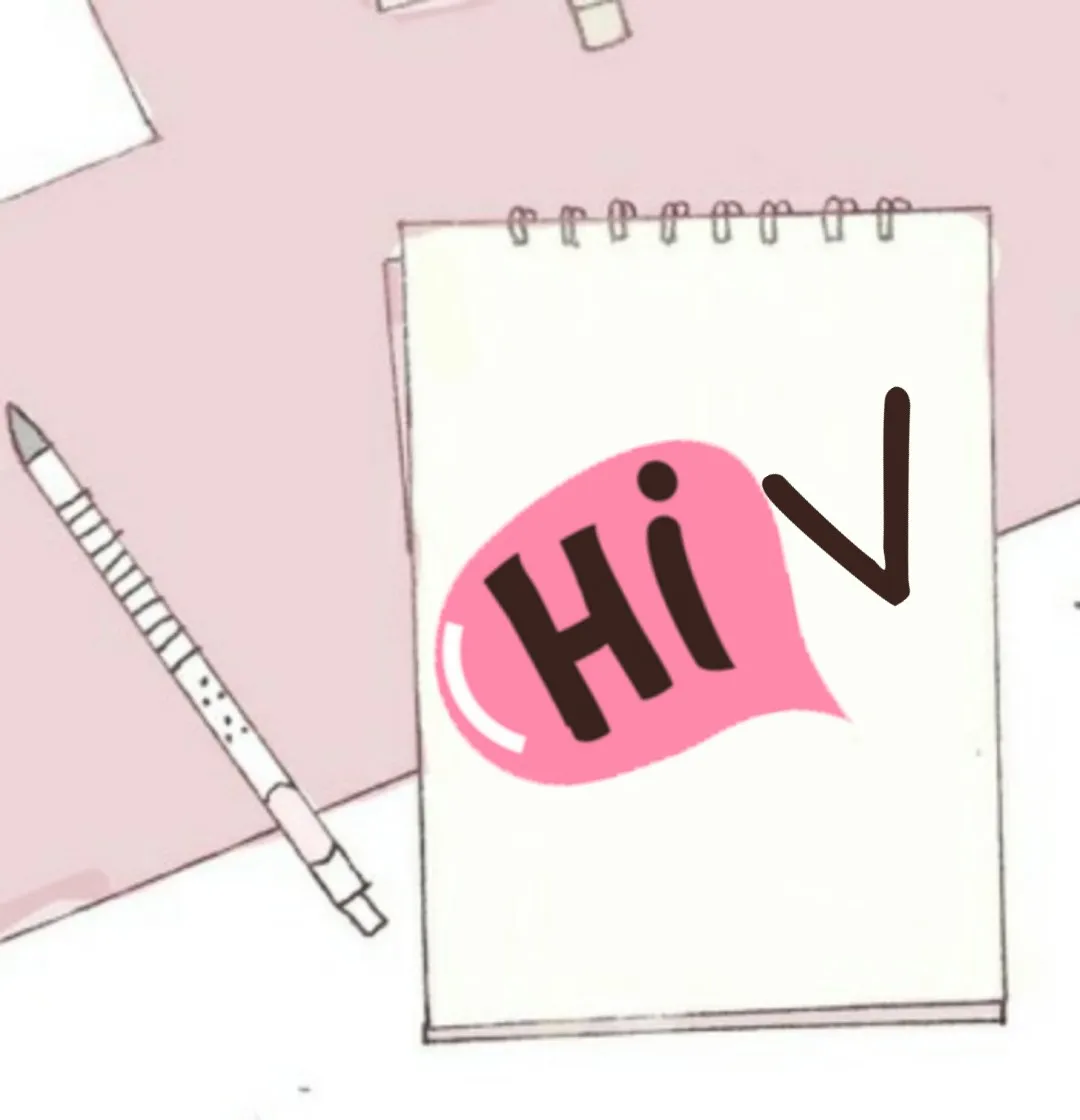
Diary of my HIV AIDS Positive Friend
I try to not think about when it happened from where it happened. Because whenever I think about that I am clueless and confused. Either it infected me a month ago, 3 months ago or 3 years ago. Either from some infected equipment or unprotected contact. What now I just think about is to keep…
-
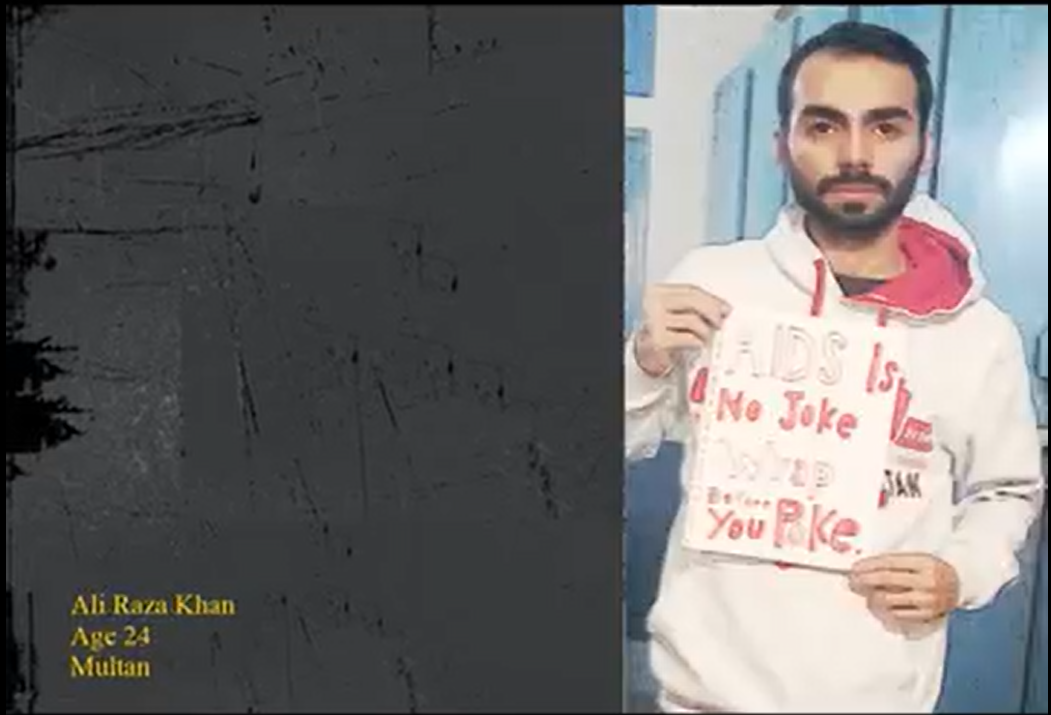
Youth Activism on World AIDS Day 2016 : Ali Raza Khan’s Message of Awareness
On World AIDS Day 2016, the Hamqadam Youth Participation for Empowerment (HYPE) team in Multan came together to raise awareness about HIV/AIDS. With the support of Rutgers WPF Pakistan, this passionate group of young activists aimed to educate their community and combat the stigma associated with HIV. Among them was Ali Raza Khan, a 24-year-old…

